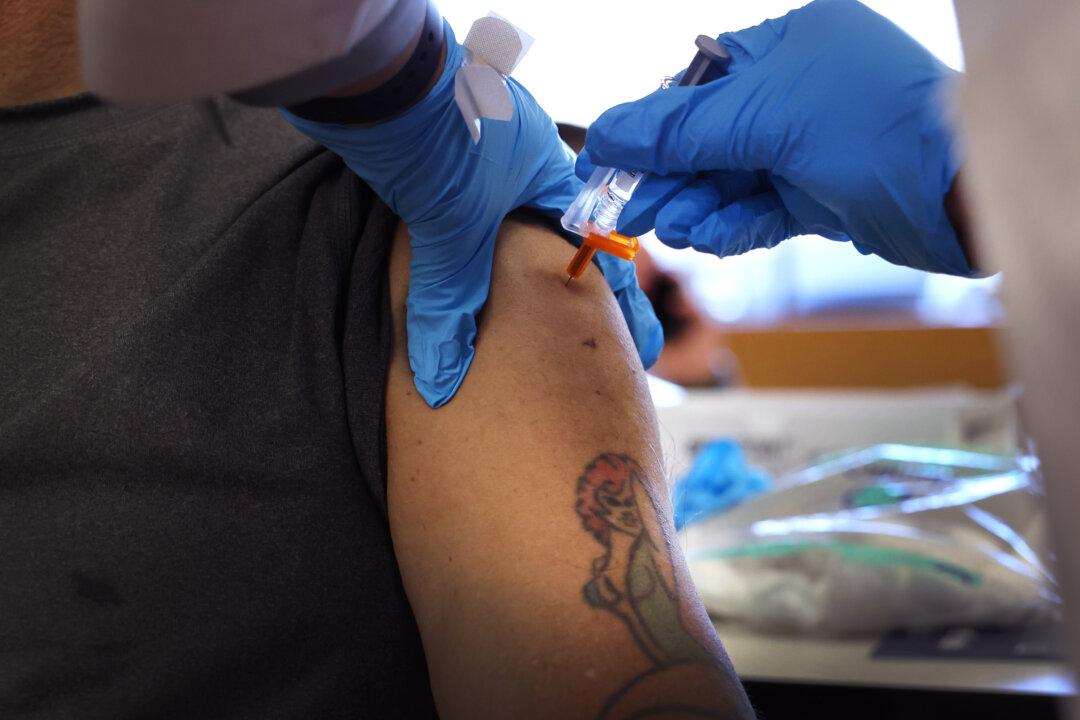A health care system in Atlanta, Georgia, is paying a former worker after allegedly violating federal law when it denied his request to not receive an influenza vaccine, according to newly filed court documents.
Children’s Healthcare of Atlanta (CHOA) is paying DeMaurius Jackson, the worker it fired, $45,000, according to a consent decree signed by lawyers for the system and the U.S. Equal Employment Opportunity Commission (EEOC).





